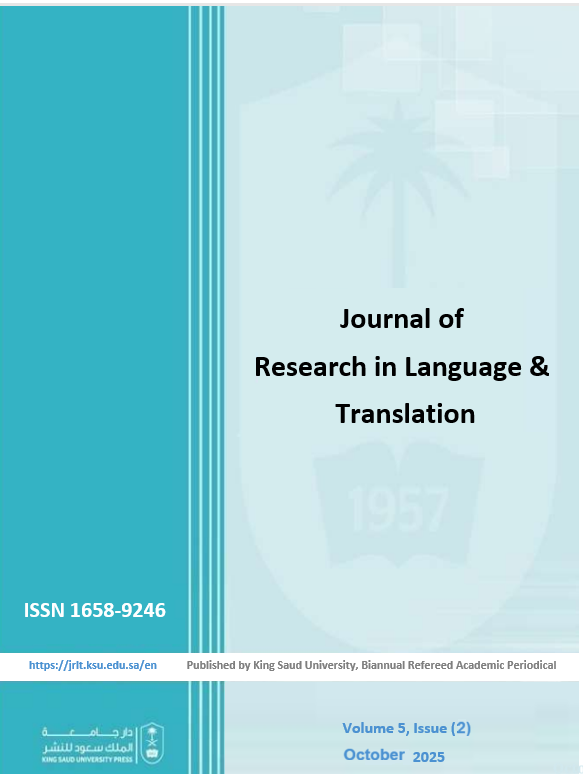Supporting Learners’ Participation in Collaborative Writing through Technology and Teacher Feedback
DOI:
https://doi.org/10.33948/JRLT-KSU-5-2-3Keywords:
google docs, technology, feedback, collaborative writingAbstract
The advent of technology has revolutionized collaborative writing by offering platforms that facilitate real-time interaction and document sharing, which are essential for effective group work. But despite the evidence on the affordances of Web 2.0 tools in collaborative writing, a single Web 2.0 technology may restrict students' active engagement in collaborative writing. The current study, therefore, aimed to explore the affordances and challenges involved in a combination of Google Docs and mobile instant messaging (MIM) in collaborative writing among 11 pairs of undergraduate students of English. Analysis of learners' interactions, drafts of assignments and follow-up interviews highlight effective practices for leveraging technology and feedback to support and enhance collaborative writing experiences. Findings from the analysis of empirical evidence suggest that while WhatsApp facilitates learners' pre-writing, Google Docs facilitates learners' joint writing and edits. From students' perspectives, although the learners perceived WhatsApp as a platform that affords their connections to the task and accessibility of the course instructor and Google Docs as a convenient and interactive tool for collaborative writing and text editing, their engagement was challenged by WhatsApp-related issues: its distractive nature and how to maintain group discussions and Google Docs-related issues: internet disconnection, effort-consuming work and previous experience in using it in peer writing. These findings underscore the importance of continued innovation in the implementation of technology in supporting learners towards more fluency in collaborative writing.

